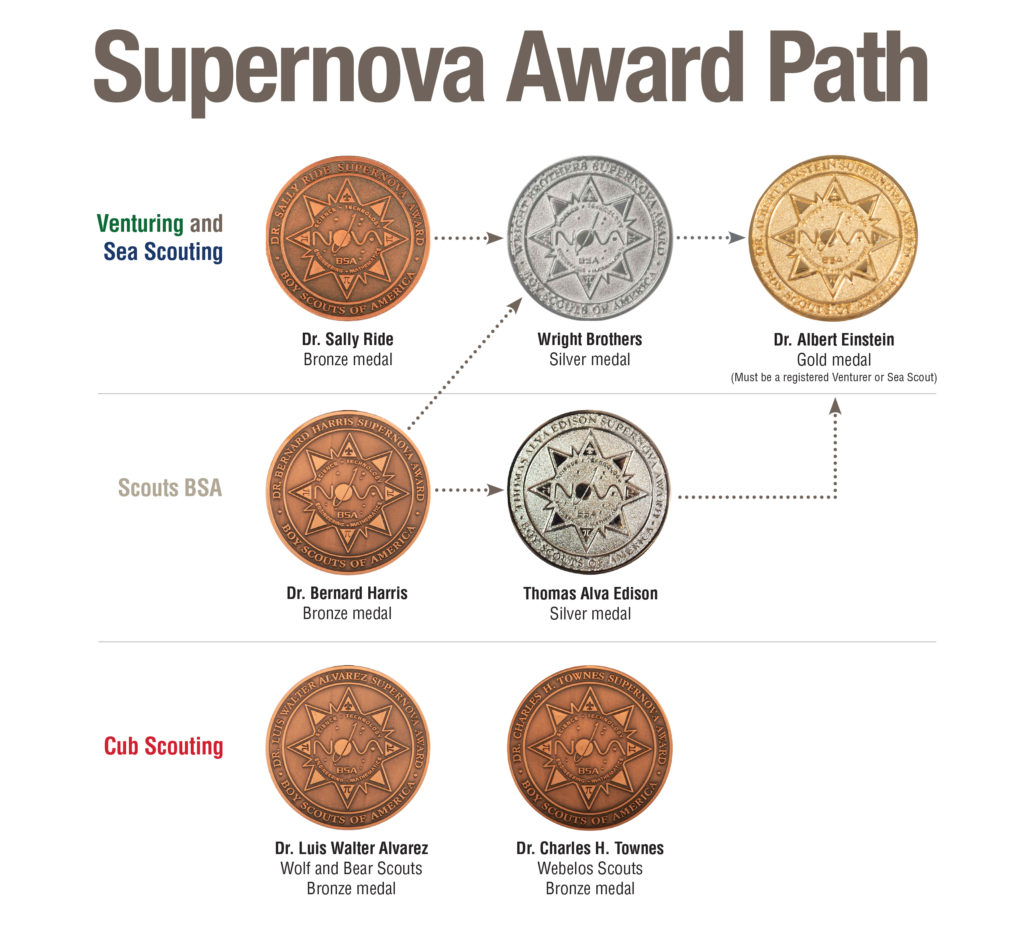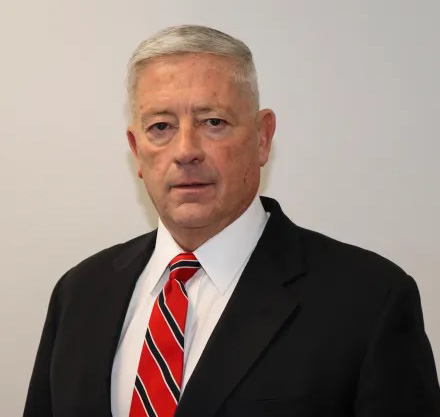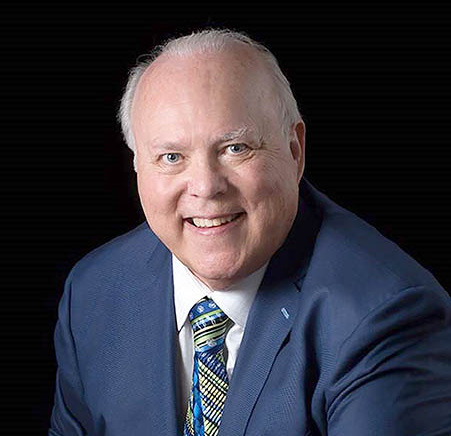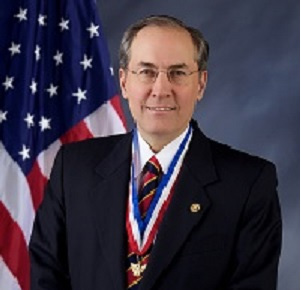If you thrive on challenge, then earning the Supernova award will be right up your alley. To be eligible, you must be a First Class Scout or higher. As a prerequisite, you must first earn any three of the four Nova awards for Scouts BSA. With your parent’s and unit leader’s help, you must select a council-approved mentor who is a registered Scouter. You may NOT choose your parent or your unit leader (unless the mentor is working with more than one youth).
- Complete any three of the Scouts BSA Nova awards. (Note: These may be done at any time after becoming a Scouts BSA member.)
- Earn the Scholarship merit badge.
- Earn four of the Supernova approved merit badges from the above list. (Note: These may be earned at any time after becoming a member of Scouts BSA.)
- Complete TWO Supernova activity topics, one each in two different STEM areas.
- Participate in a local, state, or national science fair or mathematics competition OR in any equally challenging STEM-oriented competition or workshop approved by your mentor. An example of this would be an X-Prize type competition.
- Do ONE of the following:
- With your parent’s permission and your mentor’s approval, spend at least one day “shadowing” a local scientist or engineer and report on your experience and what you learned about STEM careers to your mentor.
- Learn about a career that is heavily involved with STEM. Make a presentation to your mentor about what you learned.
- Working with your mentor, organize and present a Nova award or other STEM-related program to a Cub Scout den or pack meeting. Be sure to receive approval from the appropriate unit leader and agree on a time and place for the presentation. If a Cub Scout den or pack is not available, your presentation may be given to another youth group, such as your troop or at your place of worship.
- Review the scientific method (you may know this as the scientific process) and note how scientists establish hypotheses, theories, and laws. Compare how the establishment of “facts” or “rules” using the scientific method differs from the establishment of “facts” or “rules” in other environments, such as legal, cultural, religious, military, mathematical, or social environments. Then do the following:
- Choose a modern scientific subject with at least two competing theories on the subject and learn as much as possible about each theory.
- Analyze the competing theories, decide which one is most convincing to you, and explain why to your mentor.
- Make a presentation to your mentor that describes the controversy, the competing theories, and your conclusions about how the scientific method can or cannot contribute to the resolution of the controversy.
- Submit a Supernova award application to the district or council Nova or advancement committee for approval.
- Earn the Dr. Bernard Harris Supernova Award.
- Complete ONE additional Scouts BSA Nova award for a total of four. (Note: This may be done at any time after becoming a member of Scouts BSA.)
- Earn FOUR additional Supernova-approved merit badges from the list provided, other than the four earned while working on the Harris Supernova Award for a total of eight. (Note: These may be earned at any time after becoming a Scout.)
- Complete TWO additional Supernova activity topics, one each in the two STEM areas NOT completed for the Harris Supernova Award. (Note: The intent is that upon completion of the Edison Supernova Award the Scout will have completed one Supernova activity topic in each of the four STEM areas.)
- Participate in a local, state, or national science fair or mathematics competition OR any other equally challenging STEM-oriented competition or workshop approved by your mentor. An example of this would be an X-Prize type competition. (Note: The intent is that upon completion of the Edison Supernova Award, the Scout will have participated in two such events.)
- Working with your mentor, organize and present a Nova award or other STEM-related program to a Cub Scout den or pack meeting. Be sure to receive approval from the appropriate unit leader. If a Cub Scout den or pack is not available, your presentation may be given to another youth group, such as your troop or at your place of worship. (Note: The intent is that upon completion of the Edison Supernova Award the Scout will have completed two such presentations.)
- Research a scientific, technical, engineering, or mathematical breakthrough or invention of the past 100 years that has affected our society in a meaningful way and present your hypothesis on how it might further affect our society during your lifetime. Present either a 30-minute oral report or a 1,500-word written report to your mentor.
- Submit a Supernova award application to the district or council Nova or advancement committee for approval.
A Note to the Mentor
The Scouts BSA Supernova awards recognize superior achievement by a Scout in the fields of science, technology, engineering, and mathematics (STEM). All experiments or projects should be conducted using the highest level of safety protocol and always under the supervision of a qualified, responsible adult. The Scout should always have a buddy when meeting with his counselor or mentor.
Following are the merit badges approved for use in earning the Scouts BSA Supernova awards:
| Animal Science | Environmental Science | Plant Science |
| Archaeology | Farm Mechanics | Programming |
| Architecture | Fish and Wildlife Management | Pulp and Paper |
| Astronomy | Forestry | Radio |
| Automotive Maintenance | Game Design | Reptile and Amphibian Study |
| Aviation | Gardening | Robotics |
| Bird Study | Geocaching | Scuba Diving |
| Chemistry | Geology | Signs, Signals, and Codes |
| Composite Materials | Insect Study | Soil and Water Conservation |
| Dentistry | Inventing | Space Exploration |
| Digital Technology | Mammal Study | Surveying |
| Drafting | Medicine | Sustainability |
| Electricity | Mining in Society | Veterinary Medicine |
| Electronics | Nature | Weather |
| Energy | Nuclear Science | Welding |
| Engineering | Oceanography |





